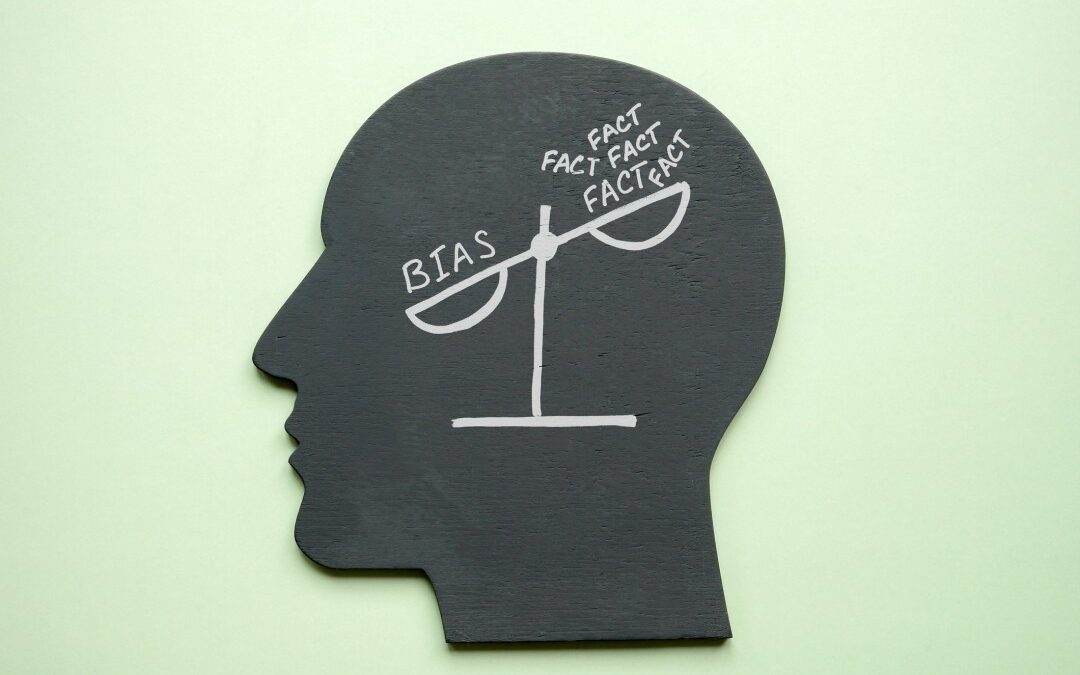Recognizing and addressing personal biases is critical for promoting inclusivity and fairness in both personal and professional settings. Biases can severely undermine relationships, hinder collaboration, and perpetuate injustice, leading to significant personal and organizational setbacks. For instance, studies show that workplace discrimination costs businesses approximately $64 billion annually due to employee turnover. Here are four signs that you may be more biased than you realize:
Frequent Stereotyping
If you often find yourself making assumptions about people based on their race, gender, age, or other characteristics, it may indicate underlying biases. Stereotyping can lead to unfair judgments and hinder your ability to see individuals for who they truly are. According to Built In, over 90 percent of U.S. workers have experienced some form of discrimination in the workplace, based on race, gender, disability status, ageand other factors.
Preference for Similarity
Consistently gravitating towards people who share your background, interests, or viewpoints might suggest a bias toward familiarity. This can limit your exposure to diverse perspectives and reinforce existing prejudices. Let’s take age for example, a study done by ResearchGatesuggests that when a preference exists among employees to work and interact with those similar in age to themselves in an age-diverse workplace, this will lead to an increase in uncertainty, perceived workplace challenges, and subsequently conflict.
Resistance to Change
Feeling defensive or uncomfortable when confronted with new information or perspectives that challenge your beliefs is a sign of potential bias. This resistance can prevent personal growth and perpetuate narrow-minded thinking. The failure of 72% of transformations can be attributed to inadequate management support for the change (33%) and employee resistance (39%).
Microaggressions
Engaging in or overlooking subtle, often unintentional, comments or actions that demean or marginalize others indicates bias. Microaggressions can create a hostile environment and negatively impact the well-being of those affected. According to SurveyMonkey, with only 40% of workers confident they’ve never encountered a microaggression, a significant portion of the workforce is potentially affected—posing a serious business risk. Seven out of ten employees would be upset by such disrespectful interactions, and among those, half indicated that it could prompt them to consider quitting. Experts estimate that losing a skilled employee can cost a company around 33% of that employee’s annual salary, making the price of careless remarks quite steep.
Conclusion
To effectively reduce biases at work, it’s crucial to develop deep self-awareness and a relentless commitment to continuous learning. Begin by critically examining your own attitudes and behaviors, and actively seek feedback from colleagues to gain diverse perspectives. Pay close attention to your internal emotions and thoughts, ensuring you’re not projecting your insecurities onto those offering help. Remember, growth often comes with discomfort, but the most meaningful progress usually does. Embrace this challenge to foster a more inclusive and respectful workplace.


Recent Comments